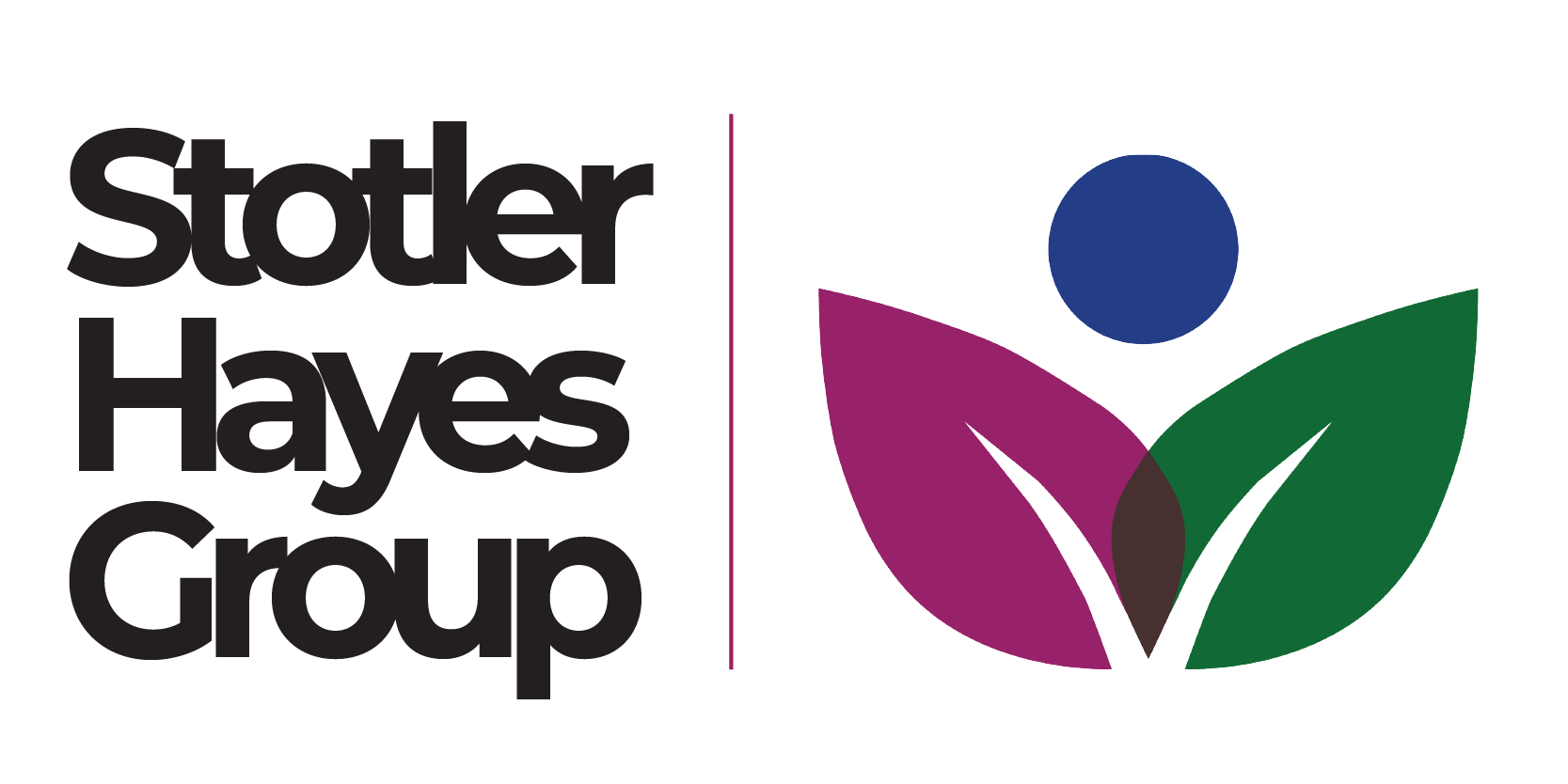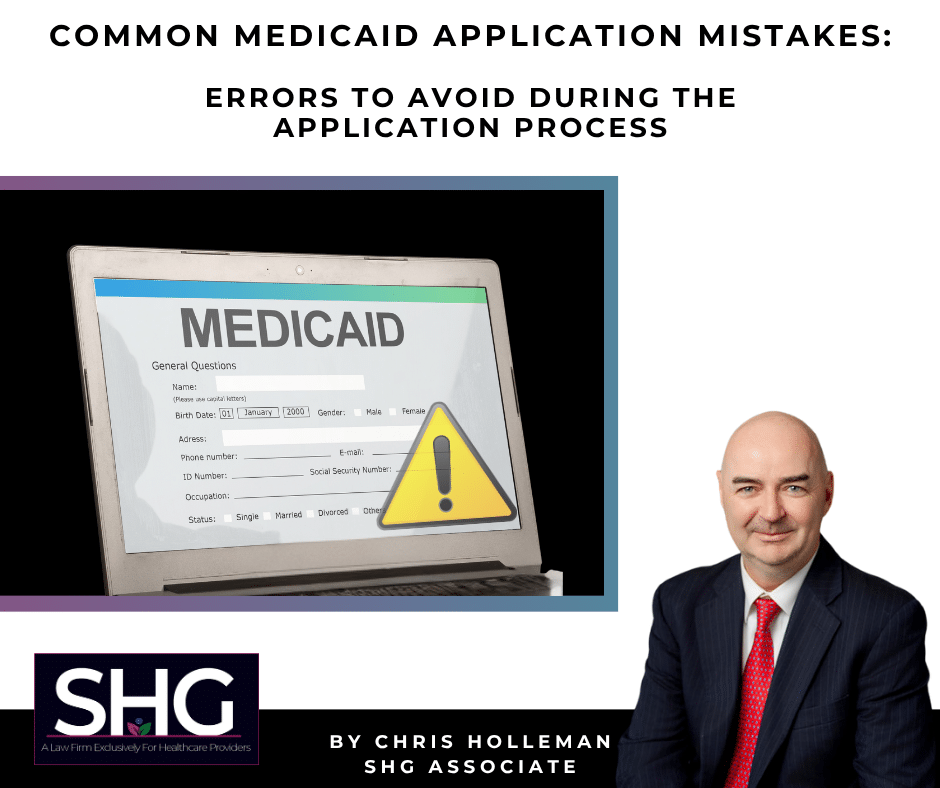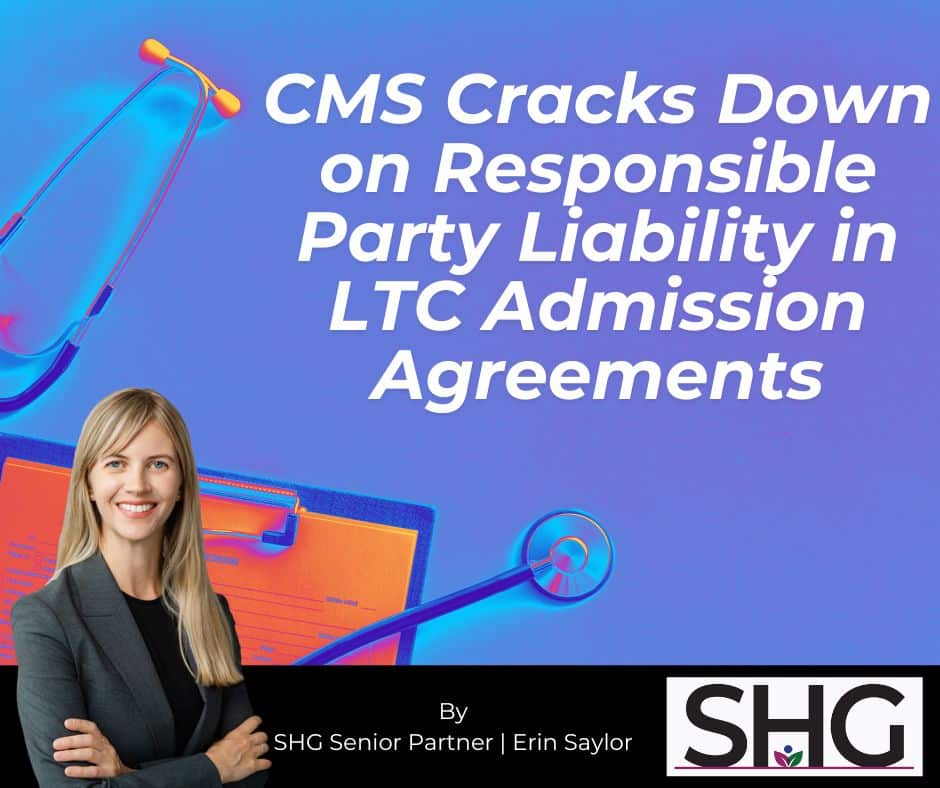Traditional Medicare (Parts A and B) and Medicare Advantage (Part C, including additional vision, dental, and hearing benefits) plans aim to provide comprehensive medical benefits to American Seniors and adults with disabilities. However, the two programs function very differently, especially in terms of their applicable administrative processes. One of the most significant differences, which profoundly impacts beneficiaries and healthcare providers, especially skilled nursing facilities (SNFs), is the use of prior authorizations (“PAs”) in Medicare Advantage plans, which is far more frequent than traditional Medicare.
- Higher Rate of Prior Authorizations in Medicare Advantage Versus Traditional Medicare Plans
Health insurance plans administratively use PAs to require pre-approval for various services, procedures, or medications. They often use PAs to manage costs and to ensure that treatments are medically necessary and appropriate.
Private insurance companies manage Medicare Advantage plans, and while they are regulated by the Centers for Medicare & Medicaid Services (CMS), they require PAs for many medical services, ranging from hospital stays, surgeries, prescription drugs, and rehabilitative care. Traditional Medicare plans, on the other hand, do not require PAs for most services. Indeed, as recently reported by McKnights, in 2023, approximately two PAs were required by private health insurance companies per Medicare Advantage Plan enrollee, while CMS required approximately .01 PAs per Traditional Medicare Plan beneficiary (only conducting a PA review for 1 out of every 100 beneficiaries). See McKnights Long-Term Care News, MA plans’ use of prior authorizations climbs again, despite heightened pressure to limit tactic (January 31, 2025), available at https://www.mcknights.com/news/ma-plans-use-of-prior-authorizations-climbs-again-despite-heightened-pressure-to-limit-tactic/?utm_source=marketing&utm_medium=email&utm_
campaign=NWLTR_MLT_DailyUpdate%20-%20013125&hmEmail=jsfrElZHed5K6BzfWhx
tufiAWyDGhZct&sha256email=6ba3b6226ef34542a614dfec541ea32610e397b9c7720599687b090b5e6591ed&elqTrack=True (last visited February 9, 2025).
The discrepancy between Traditional Medicare plans and Medicare Advantage plans’ required PAs – the latter of which rose to approximately 50 million in 2023 (up from 42 million in 2022) – exists, although Medicare beneficiaries enrolled in Medicare Advantage plans have the right to the same care as beneficiaries enrolled in Traditional Medicare plans. See McKnights, supra, citing a KFF analysis of the issue, released on January 28, 2025.
In May 2024, CMS issued new rules governing Medicare Advantage plans’ behavior in an effort to compel insurers to reduce their dependence on repeated PAs and streamline the PA process. These new rules did not have robust enforcement “teeth” to begin with, and their enforceability in any form rests with the Trump Administration’s review and final adoption. See McKnights, supra; see also, Medicare Rights Center, Final Rules on Medicare Advantage Prior Authorization Offer Improvements, but More Change is Needed (January 31, 2025), available at https://www.medicarerights.org/medicare-watch/2024/05/30/final-rules-on-medicare-advantage-prior-authorization-offer-improvements-but-more-change-is-needed (last visited February 10, 2025).
- The Negative Impacts of Prior Authorizations on Skilled Nursing Facilities
Skilled nursing facilities (SNFs) provide short-term, medically necessary care following hospitalization, often for rehabilitative services such as skilled nursing care, physical therapy, and other specialized medical treatments. For patients under Traditional Medicare, accessing SNF care is relatively uncomplicated. Ordinarily, only a three-day qualifying hospital stay and other non-onerous conditions must be met for beneficiaries to transition to an SNF. Traditional Medicare covers a portion of the SNF care for up to 100 days. No PA is required for Traditional Medicare beneficiaries to transition to a SNF.
By contrast, when an individual has a Medicare Advantage plan, approval of PAs is often required before the individual is admitted to skilled nursing facilities so that the plan can pay for a portion of the individual’s nursing home care.
The need for a PA can delay the timely admission of patients to SNFs. For example, network restrictions on specific authorized SNFs negatively impact SNFs that rely heavily on Medicare Advantage patients to support admissions. This can lead to a reduction in patient volume and financial uncertainty for the SNF. Admission delays caused by the timeframes for Medicare Advantage plans’ approval of PAs can also result in reduced revenue for SNFs.
A Senate subcommittee Report in the Fall of 2023 determined that the nation’s three largest Medicare Advantage plan insurers between 2019 and 2022 – United Healthcare, Humana, and CVS – intentionally denied PAs to boost the insurance companies’ profits, including United Healthcare, the PA denial rate of which for SNF stays increased 800% between 2019 and 2022. See McKnights, supra; see also, McKnights Long-Term Care News, Senate report hits top 3 Medicare Advantage insurers over ‘refusal’ of skilled nursing, other coverage (October 18, 2024), available at https://www.mcknights.com/news/senate-report-hits-top-3-medicare-advantage-insurers-over-refusal-of-of-skilled-nursing-other-coverage/ (last visited February 10, 2025).
Medicaid Advantage plans have also customarily required repeat PAs during an enrollee’s continuous stay at a SNF, despite a 2024 Rule by which CMS attempted to compel insurers to reduce their repeat PA requirements. See McKnights, supra. If a SNF does not timely submit the necessary paperwork on the repeat PA, this can lead to the denial of part of a continuous SNF stay that had been initially approved. See McKnights, supra. Moreover, if Medicare does not cover the SNF care due to a denied PA, the SNF cannot privately recover the balance.
- Recommendations for SNF Management of Medicare Advantage Plan PA Denials
SNFs would benefit from more appeals from Medicare Advantage plan PA denials. In 2023, “insurers fully or partially denied 3.2 million prior authorization requests, or about 6.4%[, and o]nly 11.7% of those denials were appealed.” See McKnights, supra, referencing KFF’s Analysis. Between 2019 and 2023, denied PA requests that were appealed were overturned at a rate of 81.7%. See McKnights, supra.
SNFs may also benefit from more lobbying efforts at the Federal level. While legislation to curtail Medicare Advantage plan denials of PAs has not yet been enacted, bipartisan support of a majority of members of Congress in both houses allegedly exists. See McKnights, supra.
- Conclusion
Medicare Advantage plans offer expanded benefits to enrollees. On the other hand, the increased use of PAs by the health insurance companies managing these plans negatively affects SNFs. Traditional Medicare plans require far fewer PAs and do not negatively impact SNFs. The intricacies of administrative and PA approval for Medicare Advantage enrollees can complicate care delivery, increase costs, and reduce SNF admissions and recoveries. It will be critical for SNFs to play an active role in finding and advocating for solutions that balance cost control with the timely provision of essential care for Medicare beneficiaries.






